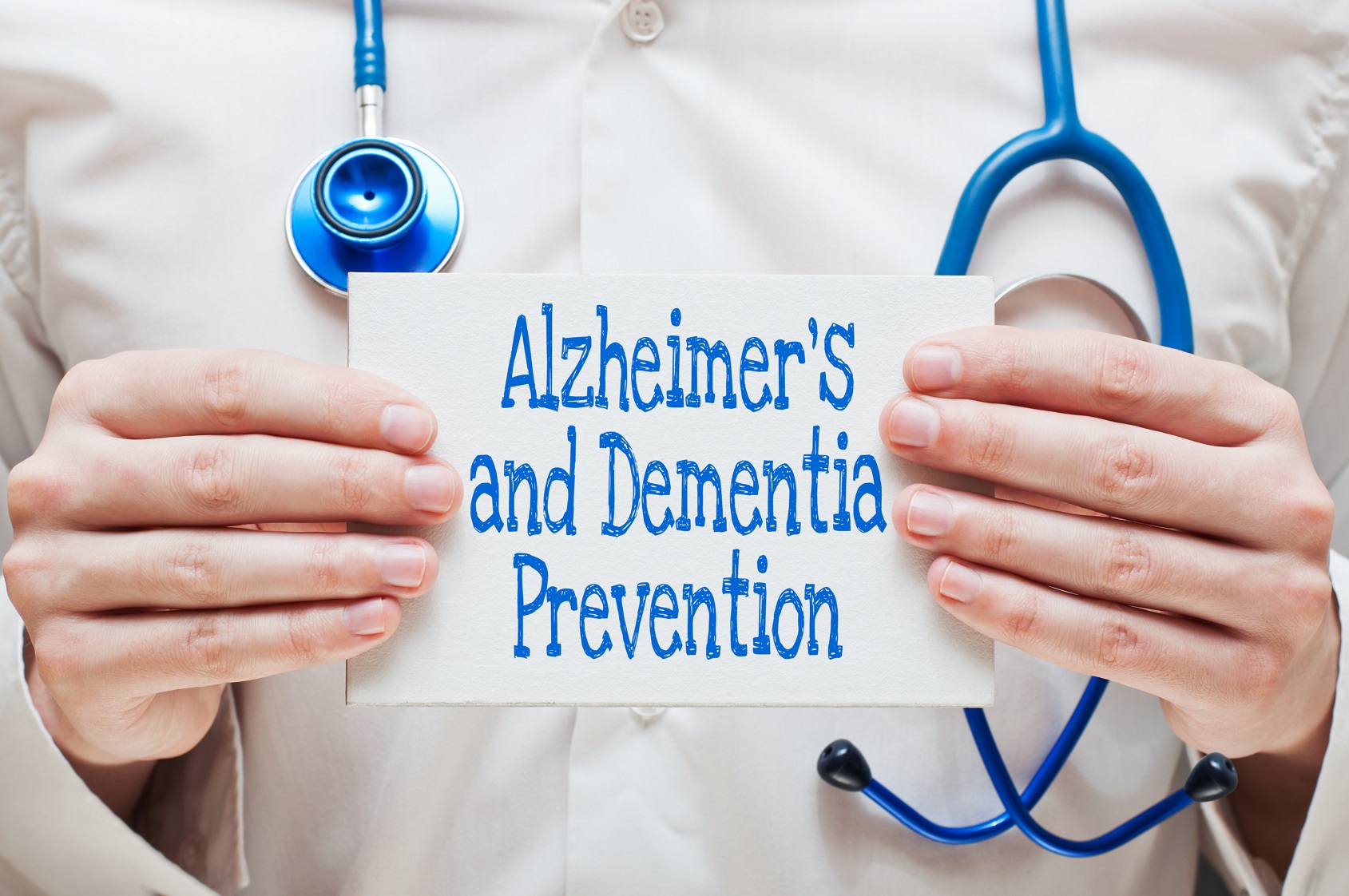
Early Alzheimer’s Symptoms and Dementia Symptoms
Socrates once said: “Be kind, for everyone you meet is fighting a hard battle.”. If you read that in your 20s and then reread it as a senior, you might understand it differently. Age brings wisdom and more complex battles to win. One of the most common battles relates to dementia. About 1 in 9 people age 65 and older has Alzheimer’s Symptoms. The percentage of people with Dementia Symptoms also increases with age. According to statistics, 33.2% of people aged 85 and older show Alzheimer’s Symptoms. These symptoms can be mistaken for other conditions and seen as symptoms of aging at first. Therefore, recognizing early signs of Alzheimer’s is crucial.
Contents
Differences Between Alzheimer’s and Dementia Symptoms
The general term dementia refers to a severe decline in mental ability that affects daily living. Alzheimer’s is the most common form of dementia. As a progressive neurologic disorder, Alzheimer’s results in the shrinkage (atrophy) of the brain and the death of its cells.
While there are proven ways to reduce Alzheimer’s risk, there is no cure or treatment that can alter the disease process. As the disease progresses, severe loss of brain function can lead to death by complications such as dehydration, malnutrition, and infection.
There is only one known risk factor for the disease: family history. For more, check out A Brief Review of Genetic Aspects of Alzheimer’s Disease.
The differences between the two terms can empower individuals and their families and caregivers. For more, read here on Differences Between Dementia and Alzheimer’s.
Stages of Alzheimer’s Disease 
Experts cannot pinpoint a diagnosis of Alzheimer’s disease because they do not know what causes it. The onset and progression of Alzheimer’s disease are complicated brain changes scientists are still unravelling. According to research, cognitive problems, such as memory loss, usually begin a decade or more before damage to the brain occurs. Although there are no symptoms of Alzheimer’s disease at this preclinical stage, the brain is undergoing toxic changes.
After the preclinical stage, For those who have the late-onset variety, Alzheimer’s disease begins to show its symptoms in their mid-60s. However, signs of early-onset Alzheimer’s begin between an individual’s 30s and mid-60s. Alzheimer’s disease generally has three distinct stages that include the following:
Signs of Early Alzheimer’s
People with Alzheimer’s experience different symptoms at different times. People with Alzheimer’s typically experience memory problems as their first sign of cognitive impairment. The early stages of Alzheimer’s disease may also occur by declines in non-memory aspects, such as difficulty finding words, vision/spatial issues, and problems with reasoning or judgment. Moreover, mild cognitive impairment can occur in some people. Read here on What Are the Differences Between MCI & Mild Dementia.
Memory loss and cognitive difficulties become more prevalent as the disease progresses. As an example, someone with Alzheimer’s disease in its early stages might experience:
- Difficulty remembering conversations or events from the past
- Things go missing
- Problem coming up with the right words
- Asking questions repetitively
- Making decisions poorly or with difficulty
- Mood changes
- Increasing anxiety or agitation
Signs of Middle-Stage Dementia
With the progression of Alzheimer’s disease, memory problems will become more severe.
It may be difficult for someone with the condition to remember the names of people they know and to recognize friends and family.
It is also possible to develop other symptoms, such as:
- Increased confusion and disorientation – such as losing track of time, wandering, and getting lost
- Repetitive, impulsive, or obsessive behaviour
- Feelings of paranoia and suspicion about carers or family members (delusions)
- Language or speech problems (aphasia)
- Sleep disturbances
- Mood swings, depression, and feelings of anxiety, frustration, or agitation
- Having difficulty judging distances and performing spatial tasks
- Being able to see or hear things other people cannot (hallucinations)
Symptoms of vascular dementia are also present in some people.
Alzheimer’s patients usually need help with everyday tasks by this stage.
Assisting them with eating, washing, dressing, and using the toilet may be necessary.
Late-Stage Dementia Symptoms
Symptoms of Alzheimer’s disease become increasingly severe in the later stages and can be distressing to the patient and their family, friends, and caregivers.
Hallucinations and delusions can come and go throughout the illness, but they can worsen as the condition progresses.
It is not unusual for people with Alzheimer’s to become violent, demanding, and suspicious of their surroundings.
In addition to these symptoms, Alzheimer’s disease may also cause:
- difficulty eating and swallowing (dysphagia)
- difficulty changing position or moving around without assistance
- weight loss – sometimes severe
- unintentional passing of urine (urinary incontinence) or stools (bowel incontinence)
- gradual loss of speech
- significant problems with short- and long-term memory
Depending on the severity of the disease, people may need full-time assistance with eating, moving, and taking care of themselves.
What are the Benefits of Early Detection?
A person and their family need to receive an early diagnosis to educate themselves, search for support that meets their needs, and make informed decisions. People and their families can focus on their quality of life and pursue their wishes when they receive an early diagnosis. Early detection also has the following benefits:
- It may be possible to contain or treat Alzheimer’s symptoms
- Early treatment can increase the effectiveness of specific treatments
- Some dementia conditions don’t worsen over time
- It can benefit from drug-based and non-drug treatments when dealing with Alzheimer’s symptoms
Conditions Exacerbate Dementia Symptoms
Other conditions can play a role in worsening Dementia symptoms in some cases. Among them are:
- infections
- stroke
- delirium
In addition to these conditions, certain medicines can also worsen dementia symptoms. It is essential to see a doctor if the symptoms of Alzheimer’s disease are rapidly getting worse.
When To See a Doctor

It is impossible to list all symptoms for each type on this page, just the most common. Several conditions can lead to memory loss or other dementia symptoms, including treatable conditions. Get a thorough evaluation and diagnosis from your doctor if you’re concerned about your memory or different mental abilities. Make sure to check out after being diagnosed with dementia.
I found this article on early Alzheimer’s symptoms and dementia symptoms to be very informative, but I still have a few questions. Specifically, I’m wondering what some common risk factors for developing Alzheimer’s and dementia are and how can these risk factors be addressed or mitigated.
Are there any new or emerging treatments or therapies for Alzheimer’s or dementia that show promise in slowing or stopping the progression of these diseases?